

Ava Duvernay on the set of Selma. Photo credit: Atsushi Nishijima/Paramount.
Although she did not pick up a camera until she was 32, Ava DuVernay has made history as a writer, director, and producer. She was the first African American woman to win Best Director at the Sundance Film Festival, be nominated for a Best Director Golden Globe, direct a film nominated for a Best Picture Oscar, and direct a film with a budget over $100 million. Her work has made her the highest grossing Black woman director in American box office history. Her latest project, When They See Us, was nominated for 16 Emmy awards, making her and Beyoncé the first African American women in Primetime Emmy history to receive multiple nominations in their careers for directing. (Source: National Women's History Museum)

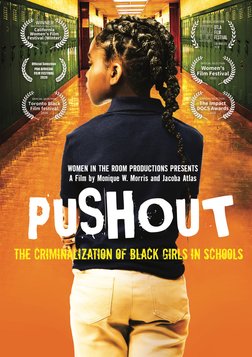


Hoopla: Instantly borrow free digital movies, music, e-books, and more with your public library card.
Hulu: Sign up for a free trial to access movies and television shows.
More resources are available from the public libraries in San Mateo County.
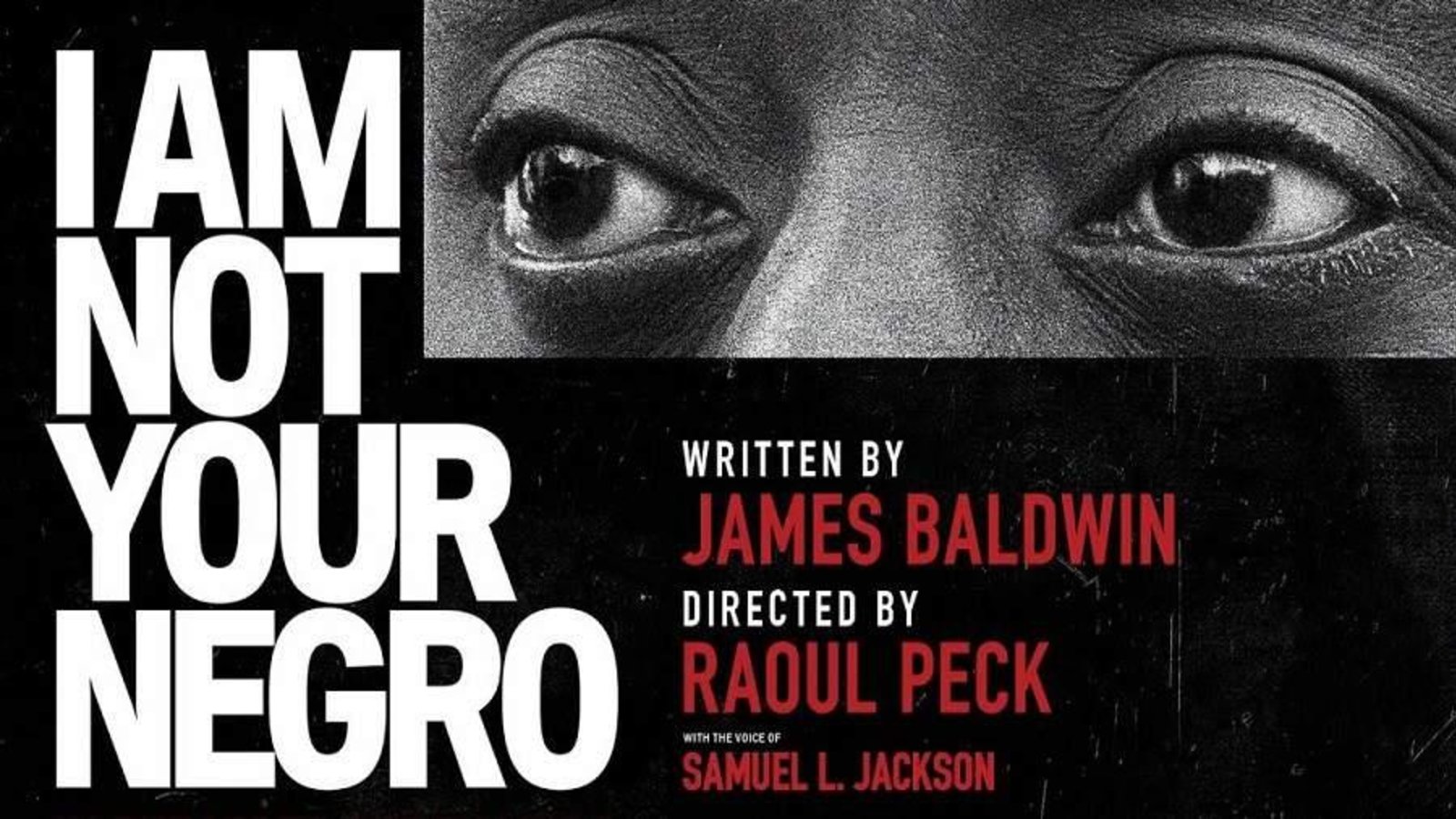


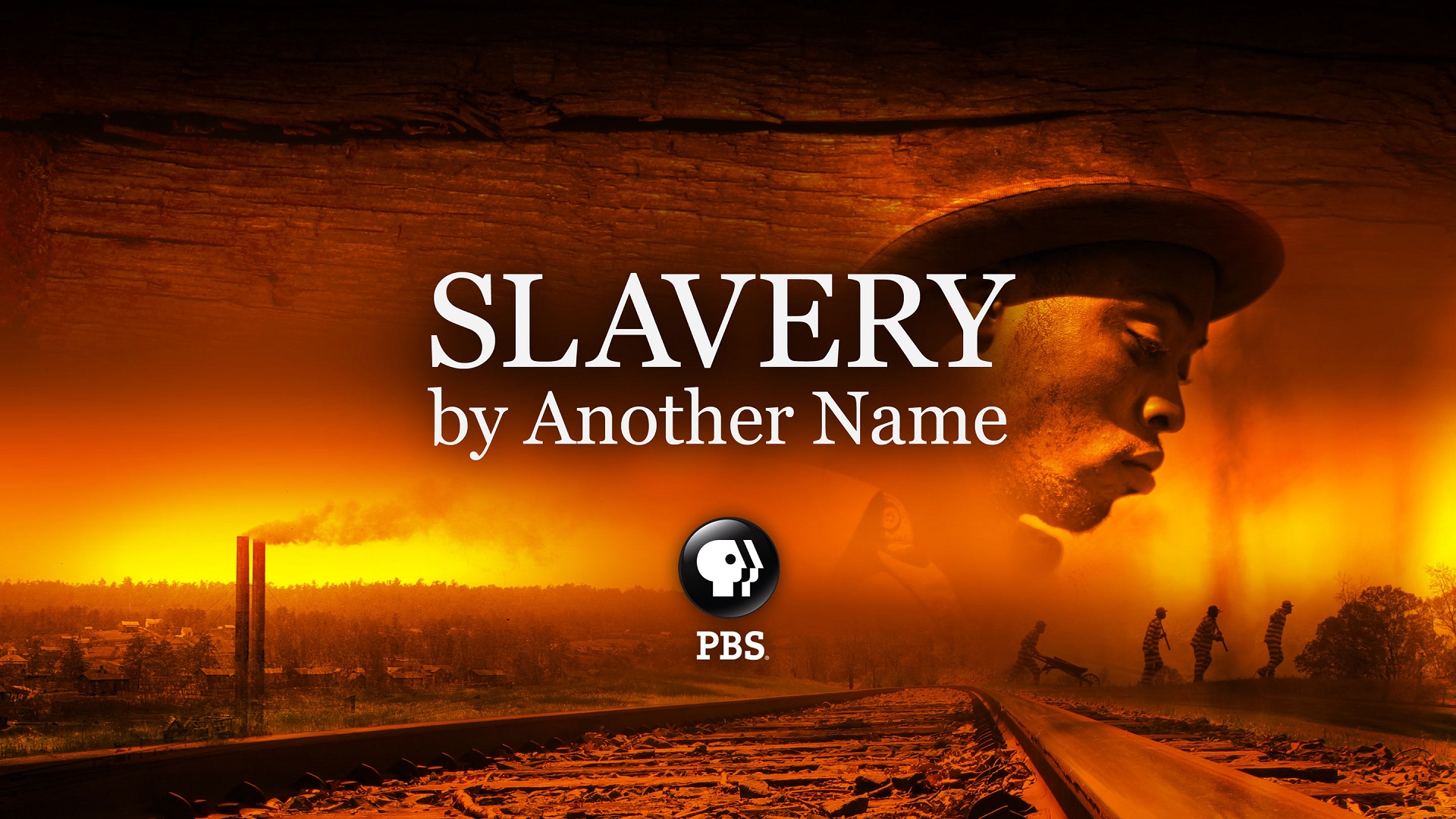

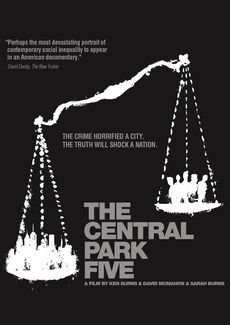


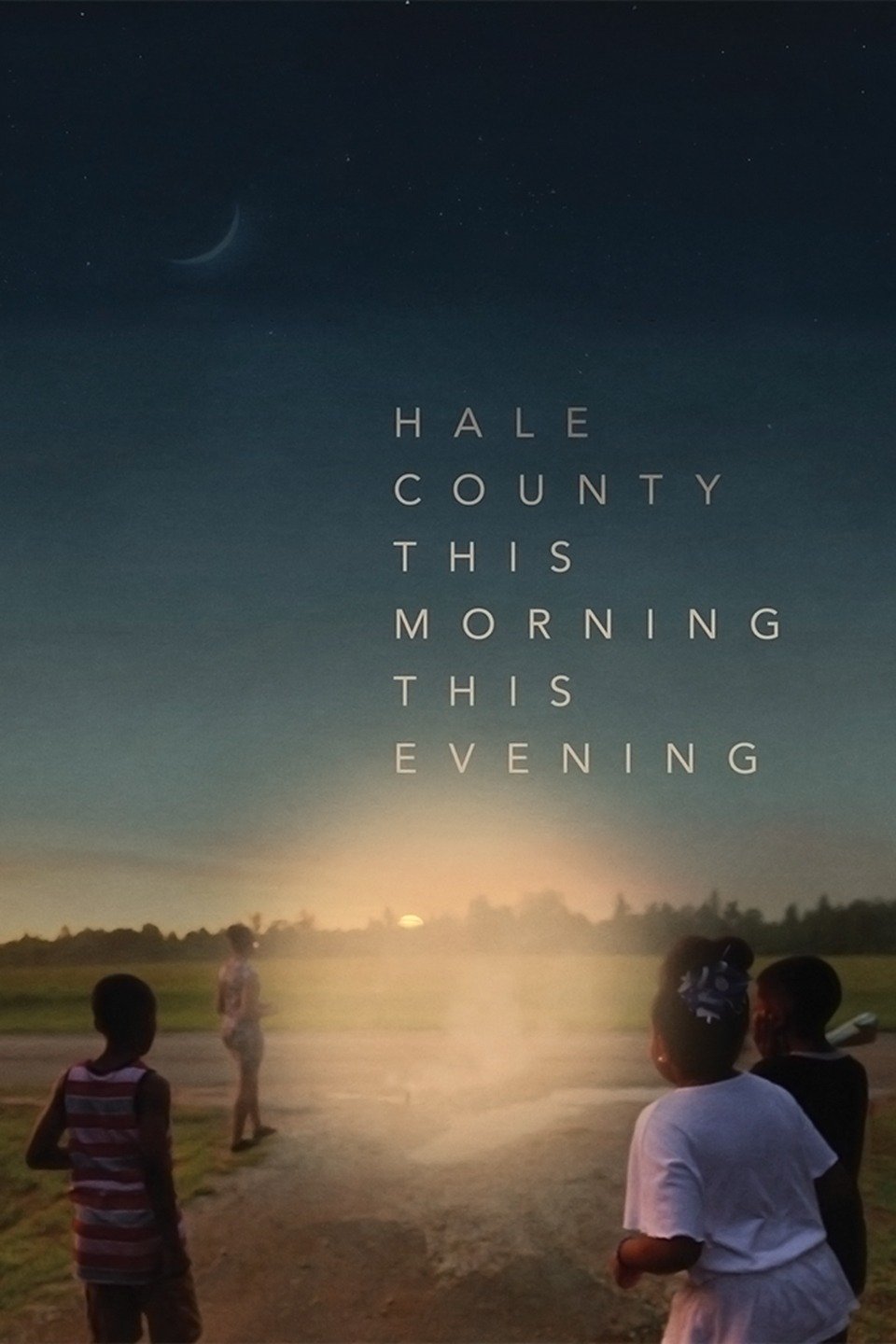
See also Skyline Professor Nathan Jones's film recommendations on his page in this guide.


We look forward to your recommendations for additional resources to include in Antiracism: A Resource Guide.
Please submit a Research Help Form including your recommendation(s) and any links or comments you choose.
Thank you for helping to build this new Skyline College resource.
Find books and articles at Skyline College Library with 
About OneSearch
African American women in motion pictures
African Americans in the motion picture industry
Race in motion pictures
Racism in motion pictures
Racism on television
Race relations on television
Created Equal: America's Civil Rights Struggle brings together four acclaimed documentary films, spanning the 1830s to the 1960s: The Abolitionists, Slavery By Another Name, Freedom Riders and The Loving Story. The Created Equal project, sponsored by the National Endowment for the Humanities, offers scholarly resources and program guides for reflection on the legacy and meaning of our shared civil rights history.